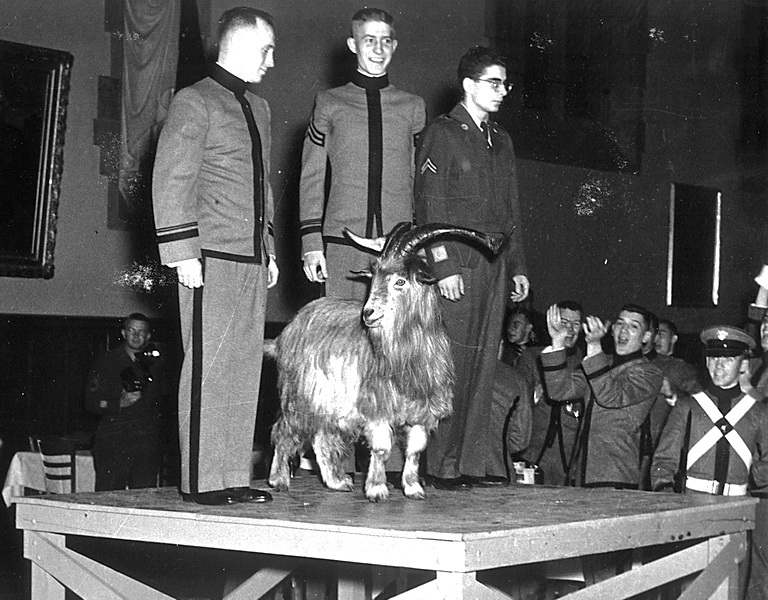I’ve written several times this year about why we need to take time to be proud of our accomplishments. That is, proud of what we’re producing for ourselves–of who we are becoming through our work. And proud too of the services were providing and the products we’re making for others, what used to be called “the fruits of our labor.” (It’s Time To Be Proud of Your Work)
I’ve spent some of this week between Christmas and New Years (a jumble of slightly deflated days between the festivities) trying to decide what I’m most proud of in my work this year. As it turns out, my accomplishments were not money-in-the-bank or shout-from-the-rooftops successes. Instead, they were smaller victories on the path to larger ones.
Thinking about your accomplishments, in this way and at this time, is like stringing together the best pinecones—recovered from where they’ve fallen, and hung up briefly once more—like a salute, or pennant in the wind after a good race. It’s part of what makes the journey worthwhile, this pause: short but necessary, before getting on with it.

So here they are, the 10 things about my work that I’m most proud of this year, in no particular order.
1. Achieving more economy in thought & word. Not that the richness of life, or its best lessons, can be captured in an elevator speech or tweet. But what we have to say can almost always be said more economically. I can see it in these posts. Maybe you can too. I’m proud that I’m getting there.
2. Realizing that editing is a worthy endeavor, in & of itself. Communicating isn’t just about what’s heard or read. Excising the newest favorite phrase or train of thought because they don’t carry your ball effectively is not only essential but also gratifying. Like polishing dull wood.
3. Learning how to tell more of the story through pictures. Pictures engage different parts of your perception, both in the taking and in the viewing. It’s Instagram & Pinterest, infographics & new forms of visual learning. It’s pictures of both altruism and tragedy and our responsibilities as viewers when we look at them. In this supremely visual age, I’m excited that I’ve gotten better at using this powerful toolbox.
4. Recapturing the adventure of great working partnerships. One of the best things about work is who you’re doing it with. When you define your work as broadly as I do, and your collaborations are as far-flung, there can be an amazing spectrum of rewards. It’s been years since I’ve been as open as I am now to cross-pollenizing work that is limited only by the reach of the networks I’m a part of.
5. Plugging in. There is a great passage in Ian McEwan’s Atonement where the woman of the house is lying in the dark connecting to its sounds: the creaking & hissing of a vast building’s central nervous system. For me, it wasn’t dark or just about the sounds, but when I participated in the #140 character conferences last summer I felt connected to a similar throb & pulse. To speak to hundreds while they are tweeting to tens of thousands is an exponential sensory experience with a half-life that keeps on tingling. That the conferences took place at the 92nd Street Y, where so many thought leaders have climbed the mountaintop, was just the icing.
6. Toning the voice. Almost as important as what you say is how you say it. Words. Pictures. Sounds. A warning. A rebuke. A laugh. It’s the way you assemble them that adds up to your voice. I’m relieved that I can finally stand “listening” to mine.
7. Grounding message in service. It’s more of a rolling wave than a beginning this year, but helping smart & talented people find their life’s work has become an increasingly confident exercise, and therefore more satisfying than ever. Too few of us know how to think productively about what to do with our lives. It’s been great to figure it out together, and have fun while we’re doing so.
8. Seeing yourself in print. I’ve published in other careers, but most of my discussion about worklifereward has been via social media—until this year. An October op-ed in the City’s paper is the first of many forays into the traditional press.
9. Becoming more resilient. I wrote about the book Antifragile recently because one key to success today is learning how to respond robustly to the unexpected challenges the world keeps throwing at us. This is a life lesson I’ve taken to heart this year (and boy does it get easier when you do)!
10. Lightening up. Around a year ago when I started blogging, an old friend told me I was a lot more interesting & fun in person. I had worried about this in my first post, where I said values are serious stuff, but that I’d try to host a discussion “with some bubbles added, to give it a lighter finish when needed.” I’m proud that in much of what I’ve accomplished this year, I’ve tried to include those bubbles.
Cheers!




